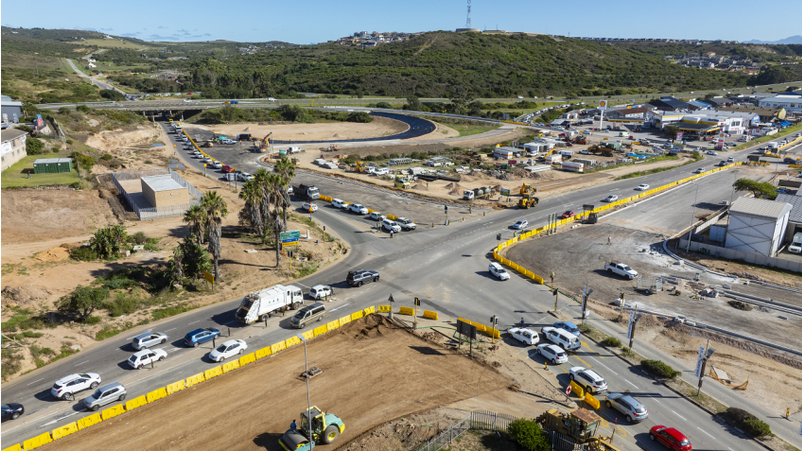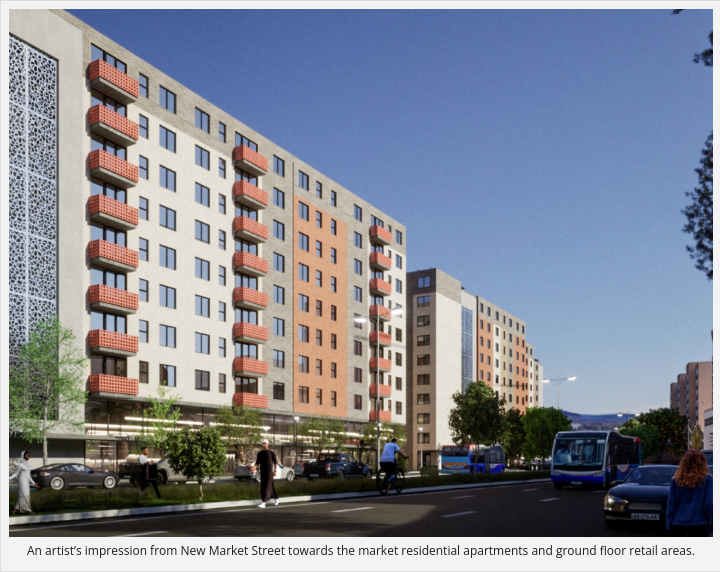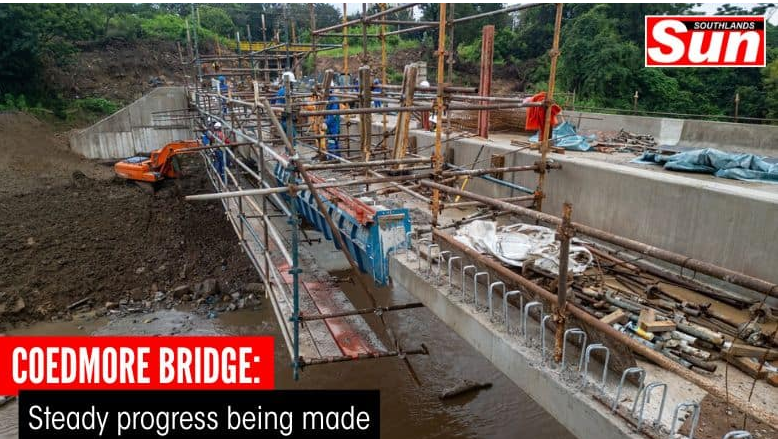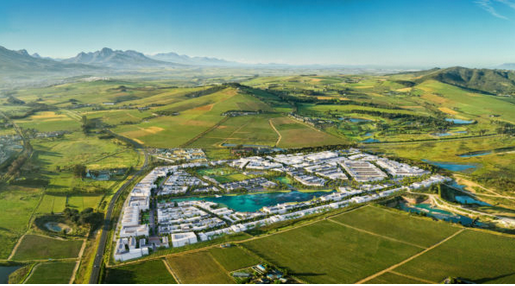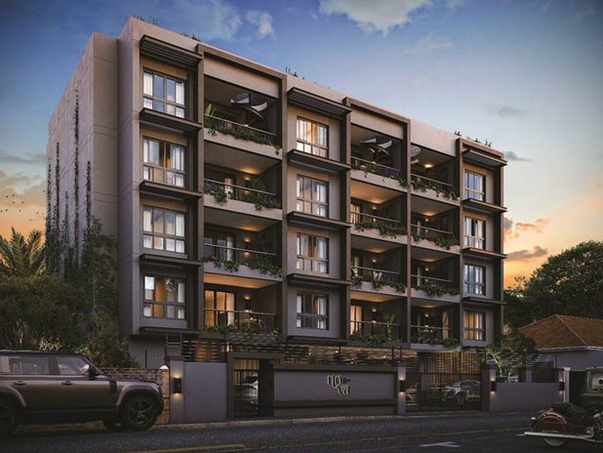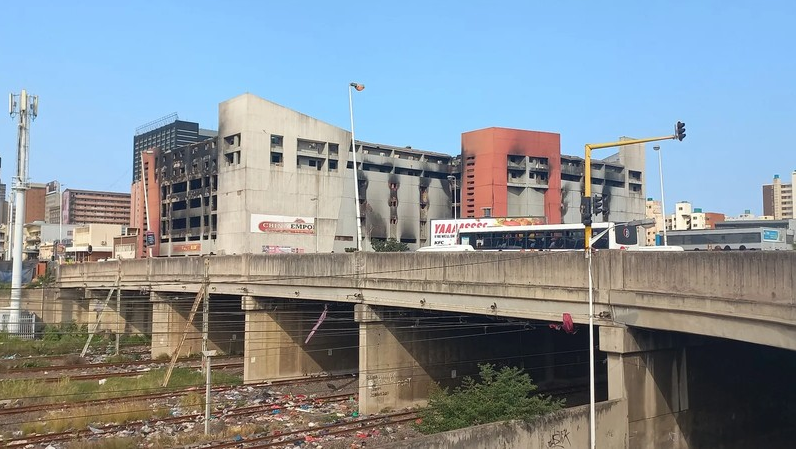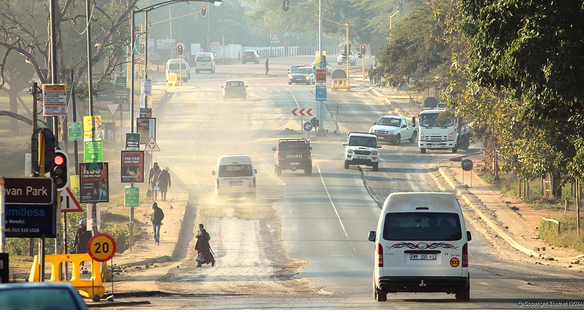Tuscan trouble ahead

14-06-2005
Read : 336 times
Financial Mail
writer- ian fife
government targets self-absorbed developers and gated estates to stave off urban unrest
housing minister lindiwe sisulu wants property developers to integrate sa's rapidly growing urban population. she expects them to abandon their holy cows. and she is using a ground-breaking sa model, fransche hoek estate, in the western cape town of franschhoek, as a guide.
developers, sisulu insists, must stop making unilateral planning decisions and instead make them jointly with adjacent communities. she wants them to share the increased value that flows from additional rights. and they will have to develop affordable housing for middle- and low-income groups, preferably near their places of work, on land formerly reserved for high-priced estates.
in principle, the grand tuscan villas that developers build for the rich in gated estates behind high security walls should now be open to everyone. and the architecture they use must no longer reinforce what separates rich and poor, but bring them together.
but government faces a hard struggle to achieve its integrationist ideal.
developers have always taken for granted that the planning permission they win from authorities constitutes rights for their benefit alone, not concessions; they use their risk capital to design, build and sell what they want, with little responsibility beyond what relates to the actual properties. some can't comprehend doing it any other way and are likely to fight what they see as an ideological imposition, likely to lead to financial disaster.
municipalities will have to execute this new policy. but many lack the expertise or manpower to carry it out.
yet government has powerful sanctions to back its new policy - and the example of the r1bn fransche hoek estate, where all these ideas have been successfully applied.
recent court judgments have made it clear that landowners' rights and the wealth that flows from them carry obligations towards transforming communities (property october 15 2004).
and the policy fits with president thabo mbeki's call for growth in the first economy to help develop the second economy. rapid migration from the countryside to the cities and the resulting rise in property prices, which forces the poor to the periphery, brings development to centre stage.
unrest over service delivery could also spill over into perceived injustices in land allocation and development.
developers and estate agents must not underestimate the resentment growing over current forms of property development, says dennis moss, architect and urban designer of fransche hoek estate, and a leading exponent of property development to promote transformation.
"when people build mock georgian or tuscan houses behind high walls, the message to those outside is: we're in europe and you're in africa - and that's the way it must stay'," says moss.
developers and planners need to recognise that they don't just develop built forms, he argues, but social forms as well. "developers don't just work with financial capital," says moss. "they use social and environmental capital, too, and the primary capital is social. this is what sustainable development means."
the 110 ha fransche hoek estate has become a model for sustainable development. it was born in 1997 out of conflict between activists and the then all-white town council, when the council tried to sell its 102 ha commonage in the town to a farmer to prevent it from becoming a squatter camp.
three individuals played a major part in resolving the conflict: mandela foundation manager and franschhoek resident john samuel; willem steenkamp, a former ambassador who had retired to franschhoek and started a law practice; and samuel's business partner, former ambassador and free state university chancellor franklin sonn.
the activists recognised that private commercial development of the property would create wealth that could be used to help the community at large. a group of franschhoek's wealthy home owners, including steenkamp, former us advertising executive peter middleton and businessmen gordon jones and brett gage, formed the development company.
the developers invested r20m, borrowed r20m more, and used some of that and additional money from government and the development bank to help build 770 free homes in a new suburb, mooiwater. low-income residents were given ownership but can lose it if they are ever found guilty of serious crimes.
the hostility and resentment ended. but the integration went further. "we created a common sense of place and identification with each other by making the architecture of both mooiwater and the estate the same," says steenkamp. "mooiwater residents walking through the estate can feel part of it."
they can also walk through the estate because the maximum wall height is 1,2 m and the entrance has no gate. moss says electronic surveillance and rapid response make it secure.
"but a vital ingredient for integration is that people with diverse backgrounds and incomes must work together to agree on a development solution," says moss. "social solutions don't come from social theory but social practice."
sisulu told the sunday independent she wanted 20% of all new developments to include low-cost housing. "but proximity alone doesn't integrate people," says moss.
Recent News
Here are recent news articles from the Building and Construction Industry.
Have you signed up for your free copy yet?

